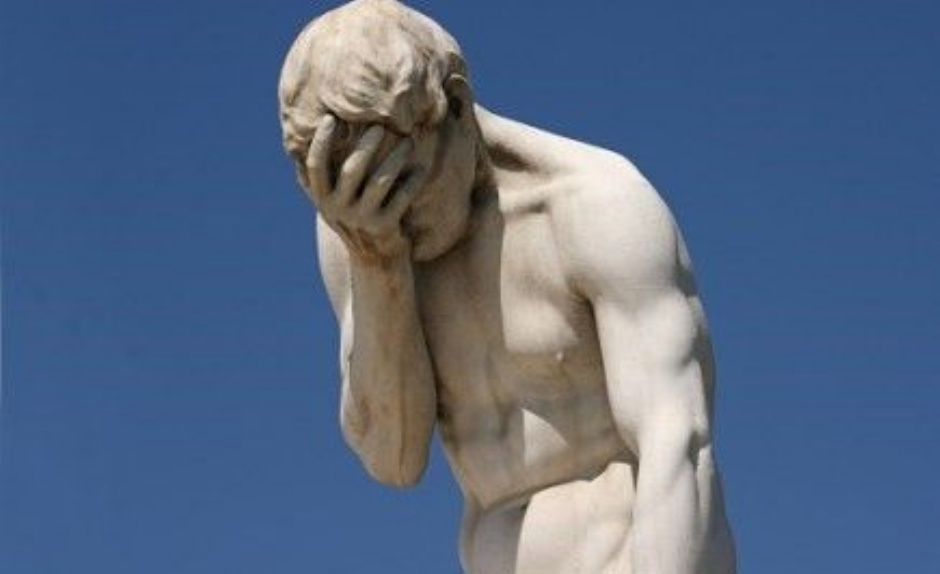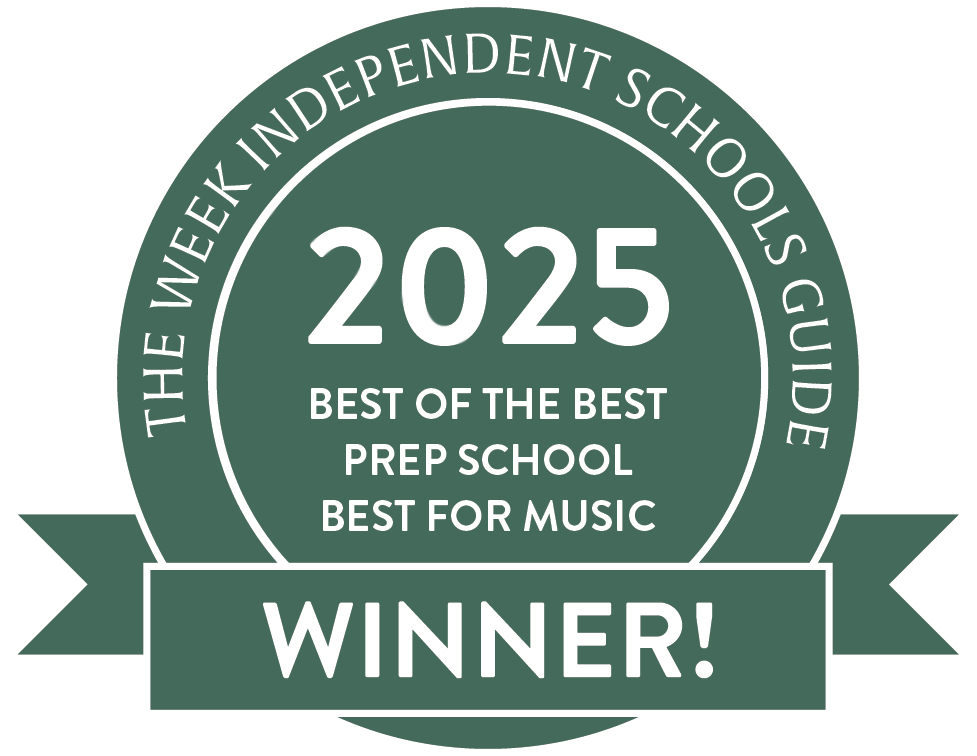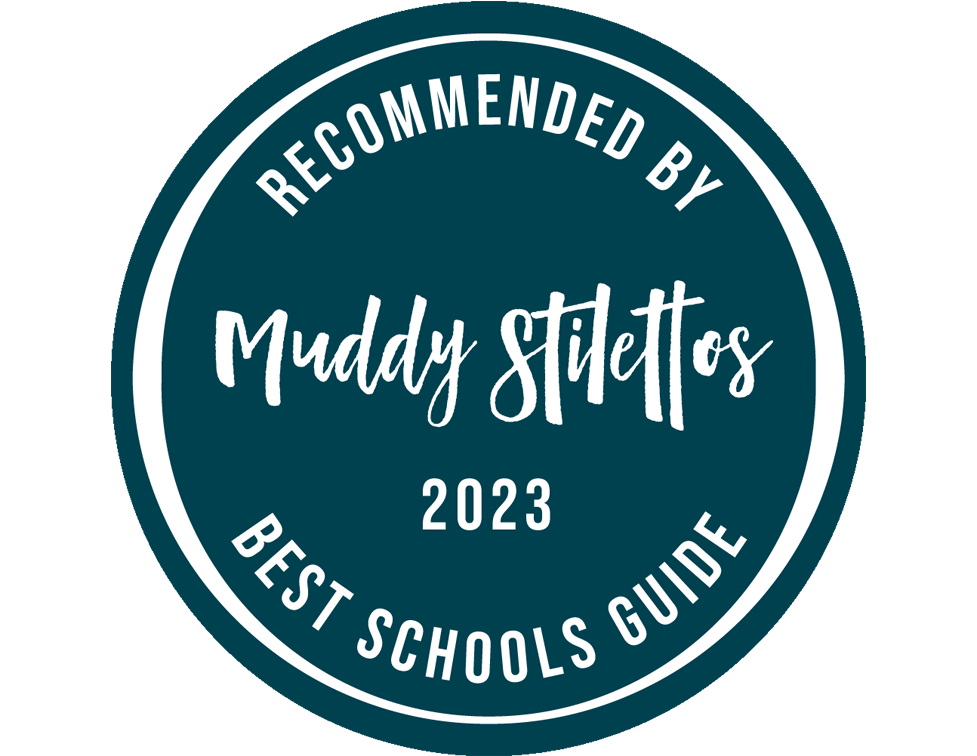The Importance of Self-reflection

As the academic year winds down, one begins to reflect on all that has been. It can be very sobering to look back and see all that was planned and perhaps did not come to fruition; or perhaps one can be pleasantly surprised at how much was achieved. Taking time to reflect on one’s achievements is an important part of knowing oneself, and allowing oneself to learn from success and failure alike.
James Bailey and Scheherazade Rehman state that ‘The practice [of self-reflection] is all about learning, looking back on the day (without bias or regret) to contemplate your behaviour and its consequences. It requires sitting with yourself, taking an honest moment to think about what transpired, what worked, what didn’t, what can be done, and what can’t. Reflection requires courage. It’s thoughtful and deliberate. Being at the “top of your game” only comes when you extract from your past how to engage the future.’ (Harvard Business Review).
To get the most out of self-reflection, we must make it a habit – something that is done often and intentionally. I regularly meet with boys when things have not gone terribly well during the course of their day, and (rather irritatingly for them) I ask them to look back on the day and look for some triggers that may have led to things going awry for them. More often than not I get ‘I don’t know’ as a first response, but after a few minutes (the boys know I don’t mind silence too much) they begin to piece together a few events that may have led to an angry outburst. Self-reflection is hard work, and it’s not always pretty; but it’s absolutely necessary.
I used to journal avidly, but sadly I’ve allowed the practice to slip a bit in recent years. I remember being able to go through my notes and link various events to certain outcomes in my life. I was able to laugh at how unrealistic my expectations were at the start of a year, and commiserate with my bruised ego at how badly I had done at certain things. It was often very humbling to realise what a huge part other people played in many of my successful outcomes, and I was often able to go back and say thank you to those who had cared enough to help me succeed.
The summer holiday is a time when we can slow down quite significantly and take stock of how our year has gone so far. Have we set realistic goals for ourselves? Are we doing alright emotionally? How are we treating those around us? Are we taking enough time out to connect with those we love? Although the answer to some of these kinds of questions may be tough to face; it does provide us with an opportunity to about-turn if we need to recalibrate certain expectations of ourselves and others.
The trick to successful self-reflection is finding the delicate balance between pushing oneself hard to identify the areas where things have gone wrong and the role we played in it, and forgiving ourselves for our human lapses in judgement. The summer holiday will hopefully provide us all with the opportunity to give our heads, hearts and hands (the parts of ourselves that are always very busy) some time to stop, rest and reflect.
What does this mean for our children? They learn good (and bad) habits from us as parents and teachers. If they are able to see us engaging in self-reflection healthily, it may encourage them to do the same. In a world where we see so many young people struggling to self-regulate, self-reflection is a key tool which can help to recognise triggers, identify emotions, and manage reactions to unpleasant events. If we can teach them to pause and take a look at themselves, even for a moment, when things are about to go wrong, it may lead to far more positive outcomes.
Craig Cuyler
Director of Wellbeing/Head of PSHEe/
Deputy DSL/ Assistant Housemaster








